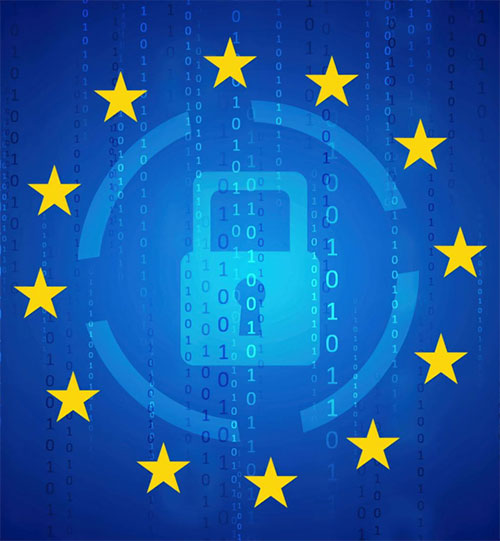There is little doubt that Artificial Intelligence (AI) now serves as the backbone of nearly every modern innovation; from the internet to AI chatbots, there is an advancement in inventions in every other field. This progress is commendable and certainly worth celebrating, but we must also take note of one of the most overlooked concerns of this progress – compliance. This is true especially in Europe, with General Data Protection Regulation (GDPR) mandating strict compliance in AI, setting regulatory standards rather than just recommendations.
The Innovation-Compliance Dichotomy
Many of the advancements that have occurred in AI these days are linked to developments in machine learning, automation, and natural language processing. This is progress, without a doubt, but such progress also brings in a host of issues, especially relating to data privacy or ethical data use. AI systems pose many challenges such as collecting, processing and storing personal data. If an organisation fails to comply, they will face massive penalties and harm their reputation.
The Imperative of Compliance in AI Adoption
There are a variety of reasons why compliance has become such an important part of AI adoption technology:
- Legal Obligations: The GDPR mandates that organisations must have a lawful basis for processing personal data. AI systems that handle such data must ensure they adhere to principles of data minimisation, purpose limitation, and explicit consent. Failure to comply can result in hefty fines, as seen in recent enforcement actions.
- Ethical Considerations: Beyond legal requirements, there’s an ethical imperative to protect individuals’ privacy and autonomy. AI systems should be designed to respect user rights, ensuring transparency and fairness in automated decision-making processes.
- Risk Mitigation: Non-compliance exposes organisations to risks beyond legal penalties, including reputational harm and loss of consumer trust. Implementing robust compliance measures mitigates these risks and fosters a culture of accountability.

GDPR Violations via AI Tools
Several organisations have faced significant consequences due to GDPR violations stemming from their AI tools. If these major players in AI field do not know how to comply, how can you be sure you do?

- Clearview AI: This company was fined €30.5 million by the Dutch Data Protection Authority for creating an illegal biometric database by scraping images from social media without users’ consent. This action violated GDPR provisions on data collection and processing. theverge.com
- OpenAI’s ChatGPT: Italy’s privacy watchdog fined OpenAI €15 million for processing users’ personal data without a proper legal basis and failing to meet transparency obligations. The lack of adequate age verification measures also contributed to the violation. apnews.com
- Meta’s AI Initiatives: Meta decided not to release its advanced multimodal Llama AI model in the European Union, citing the “unpredictable” regulatory environment as the reason. Concerns revolved around compliance with GDPR and potential intervention from EU data watchdogs. theguardian.com
It’s also worth noting that Meta faced GDPR fines earlier (the €1.2B fine for data transfers to the US).
Strategies for Ensuring AI Compliance
To navigate the complex landscape of AI compliance, organisations should consider the following strategies:
- Data Governance Framework: Establish a comprehensive data governance framework that outlines policies and procedures for data collection, processing, and storage. Ensure that data usage aligns with the principles of lawfulness, fairness, and transparency.
- Regular Audits and Assessments: Conduct periodic audits of AI systems to assess compliance with GDPR and other relevant regulations. Identify potential vulnerabilities and implement corrective actions promptly.
- Stakeholder Engagement: Engage with stakeholders, including data subjects, regulatory bodies, and industry peers, to stay informed about evolving compliance requirements and best practices.
- Training and Awareness: Invest in training programmes to educate employees about the importance of compliance in AI initiatives. Foster a culture that prioritises ethical considerations in technological development.

As AI continues to transform industries, integrating compliance into the development and deployment of AI systems is not merely a regulatory obligation but a strategic imperative. Organisations must proactively address compliance to safeguard individual rights, maintain public trust, and ensure the sustainable advancement of AI technologies.
What do you think – should compliance be a priority or an afterthought in AI?
North Atlantic
Victor A. Lausas




